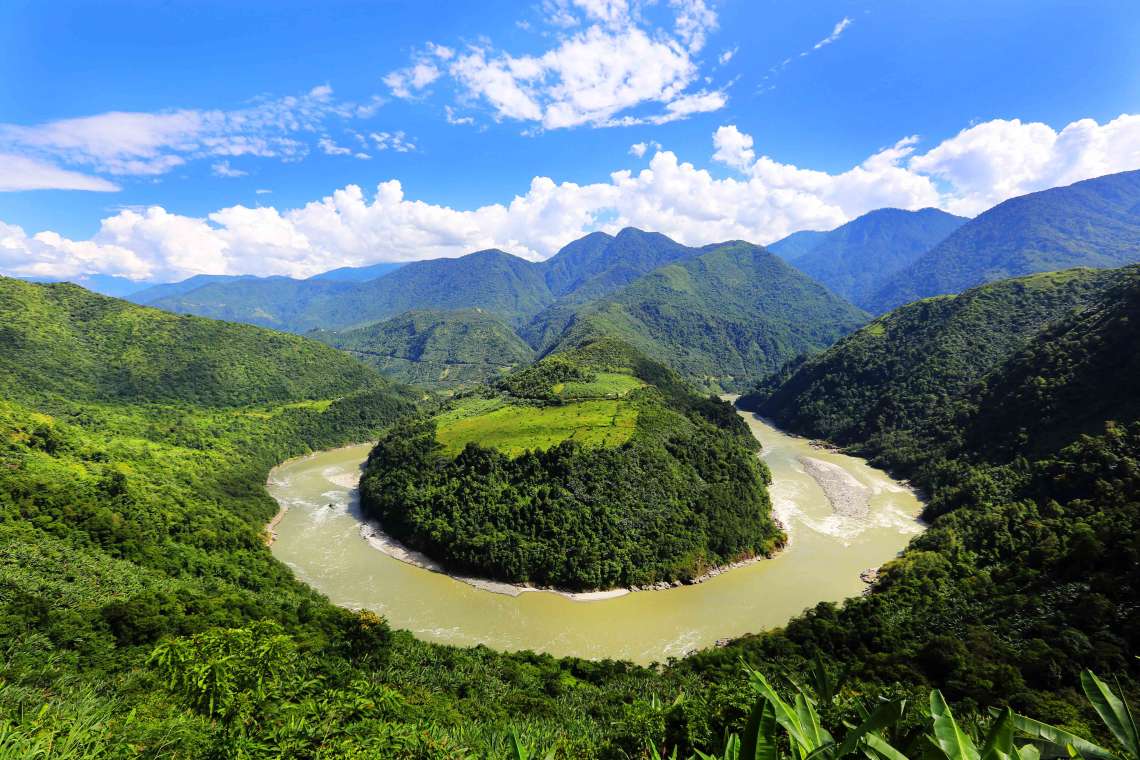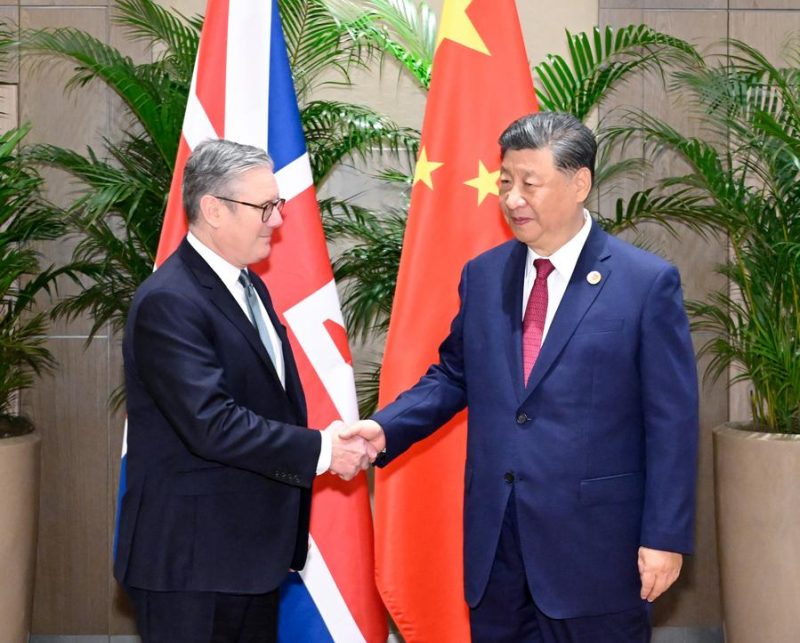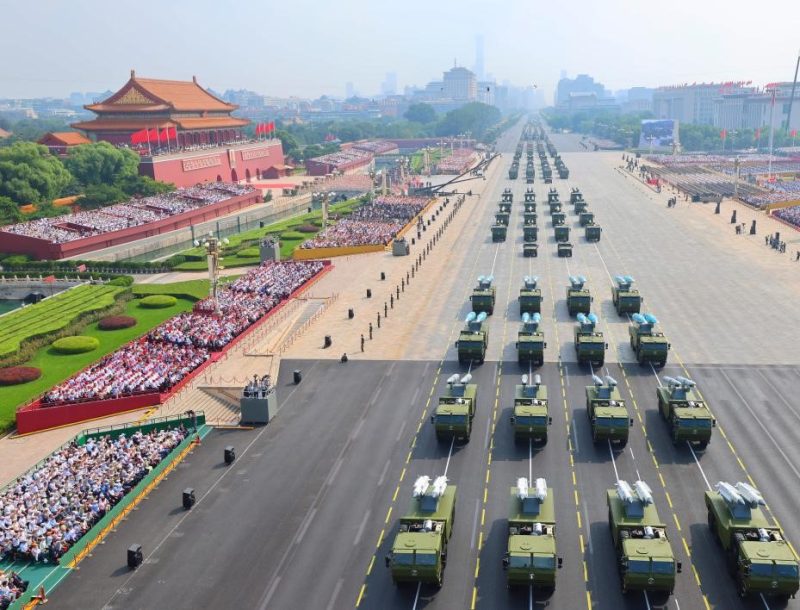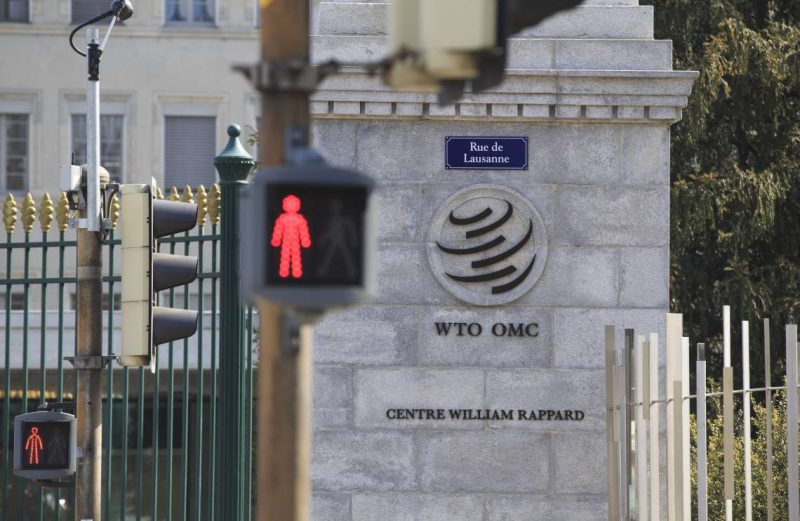China, the US, and the European Union (EU) are likely to occupy more than 90 per cent of the available 1.5 degrees Celsius carbon space by 2050…reports Asian Lite News
China, the US, and the European Union (EU) are likely to occupy more than 90 per cent of the available 1.5 degrees Celsius carbon space by 2050, according to an independent study by the Council on Energy, Environment and Water (CEEW).
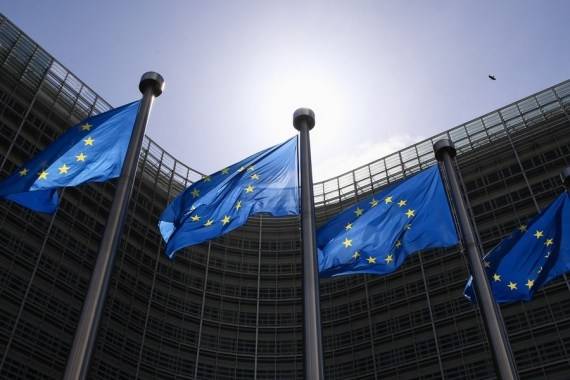
“This would leave little room for developing nations like India to grow their economies in the coming decades. Also, the three big emitters would consume 45 per cent of the available carbon space by 2030. India, on the other hand, would emit 59 per cent less than China, 58 per cent less than the US, and 49 per cent less than the EU, from 1850 to 2100, on a cumulative basis, despite turning net-zero two decades later than the US and the EU and a decade later than China,” the CEEW analysis that took into account the existing net-zero pledges of these countries, said.
This assumes significance as net-zero targets and goals are much talked about at the on-going COP26 at Glasgow. India announced to achieve net-zero by 2070 even as the COP President has been aiming for 2050 as a global net-zero target. Developing countries continue to demand for the delivery of climate justice, ramping up of climate finance, and additional financial support for loss and damage during the ongoing climate negotiations while rich nations have not been forthcoming with either enough ambition or finance.
ALSO READ: Saudi pledges Net Zero carbon emissions by 2060
The study ‘The Carbon Space Implications of Net Negative Targets’, released on Tuesday, also estimates that the net-zero commitments made by the 10 big emitters are inadequate and would surpass the 1.5 degrees Celsius carbon space by 33 per cent by 2050. “Therefore, the US, China and the EU should consider advancing their respective net-zero years by a decade and aim to turn net negative by 2050. This would help contain the warming of the planet within the 1.5-degree Celsius carbon budget threshold suggested by the Intergovernmental Panel on Climate Change (IPCC)’s recently released report,” the CEEW said.
DR. ARUNABHA GHOSH, CEO, CEEW: CEO, CEEW: “CEEW’s analysis highlights that the current net-zero pledges of China, the US and the EU are highly insufficient to keep the 1.5 degrees Celsius target alive while meeting climate justice goal. These countries, in particular, need to bend their emissions curves faster and announce more ambitious 2030 goals along with achieving net-negative emissions by 2050. This would ensure that planetary boundaries are not breached and emerging economies in Asia, Africa, and Latin America are given time to pursue a just and sustainable low-carbon transition.”
The CEEW report also highlights that 81GtCO2 of carbon space could be available for developing nations if China were to advance its net-zero year to 2050 and peak by 2025. If the US and the EU were to reach net-zero emissions ten years sooner than their current targets, then carbon space freed up would be 14.5 GtCO2 and 18.4 GtCO2, respectively. A further 202 GtCO2 of carbon space could be available for developing countries if these three nations also succeed in sequestering their carbon dioxide emissions between 2050 and 2100.
Fellow, CEEW, Dr Vaibhav Chaturvedi said, “The world cannot avoid historical emissions now, but the future course of action has to change. The US, EU and China all have to do much more. The massiveness of China’s future emissions needs to sink in. There is nothing in China’s net-zero pledge that could be celebrated, as its post-2020 emissions would by itself increase the global temperature by almost 0.33 degrees Celsius.”





